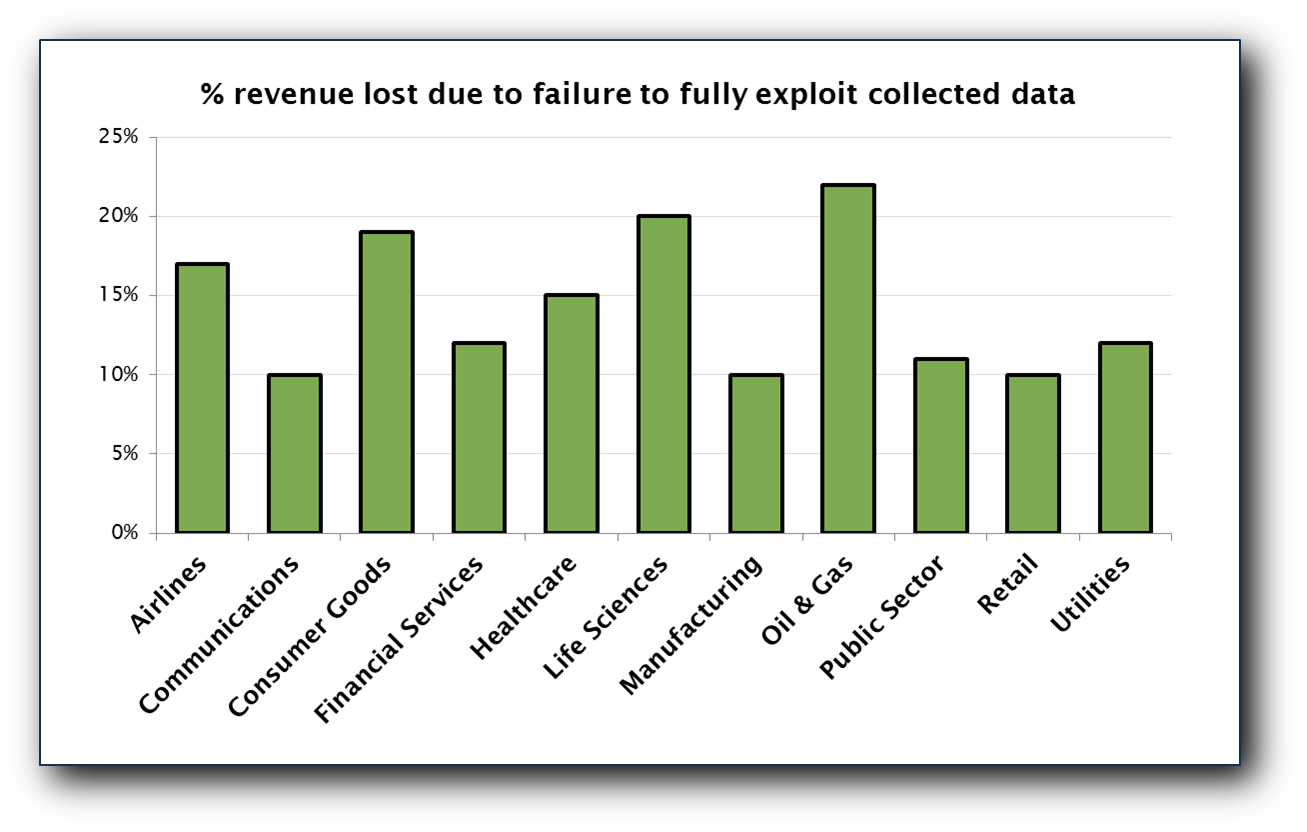
| Home | FAQs | Book Contents | Updates & News | Downloads |
There is one question I get asked more than any other: "Should our data management staff be part of the IT department?". Now, of course, the actual answer to this question depends on the personalities of senior executives, your organisation's existing overall structure and recent history. Everyone knows that without taking all those into account it is impossible to give a reasoned answer. I usually assume that the enquirer is not asking about their own particular circumstances, but rather in general where should data handling specialists get their direction from, who determines their objectives?

I'm sure that all "Data Management" specialists would agree that ideally there should be a "Chief Information Officer" or "VP for Data" that reports to the CEO, has a seat on the board, and is responsible for the effectiveness of all the company's data handling. They should have a department that defines and enforces standards, coordinates technical data flows, measures the business impacts and constantly driving improvements. This is the way things are done in some industries, but unfortunately the oil industry doesn't work that way... yet∴.
Currently the staff who do the handling of data usually report either to the assets or the corporate IT group. But, they don't really fit within the asset, while they have some understanding of oil industry data they never spent any time at the rig-side, they are providers of a service, they employ "Computer Science" skills and specialist tools. So obviously they should be part of the "Information Technology" world and fit within the IT department.
Except the IT department is usually run by someone who has a strong background in networks, servers and the cost effective delivery of applications and computing power to the organisation. IT skills are generic, good IT support is needed for pharmaceutical companies and retailers just as much as oil companies. In contrast good data handling skills are closely tied to oil industry specific tools, activities and behaviours. When they are within the IT department data managers tend to be looking for ways to save costs. When they are within the assets their focus is rather on revealing unexpected opportunities, finding innovations that really help the users. The difference is between trying to the same with less and striving to find advances that have a significant impact on the business' overall results.
My personal preference would be to have a "C Level" executive that can argue the case for information handling, with a dedicated organisation and the power to enforce standards. As a realist, given that we won't have that ideal for a while, the second best option is to ensure the data handlers are as close to the data users as possible, the worst option (in my personal opinion) is to make them part of the IT department.
∴ The numbers are from Oracle's 2012 survey of more than 300 executives which suggested that the oil industry loses a greater proportion of its revenue due to failing to fully exploit already collected data than any other industry sector (available at www.oracle.com/us/industries/industry-scorecard-1683398.html)
Article 25 |
Articles |
RSS Feed |
Updates |
Intro |
Book Contents |
All Figures |
Refs |
Downloads |
Links |
Purchase |
Contact Us |
Article 27 |